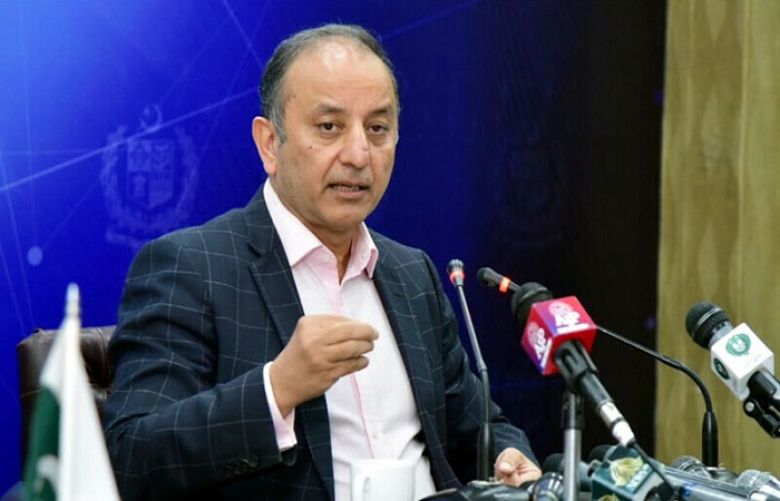Minister of State for Petroleum Musadik Masood Malik said on Monday that the government will charge Rs100 more for petrol from the affluent so that relief could be provided to the low-income segments in fuel tariff.
“We will make petrol expensive for the rich and cheaper for the poor … the higher prices being paid by the rich will be used to provide subsidised petrol to the low-income segment,” he said in a press conference today.
Malik’s statement comes a day after Prime Minister Shehbaz Sharif announced a relief package for the poor under which a subsidy of Rs50 will be given to them on every litre of petrol.
After presiding over a review meeting on the relief package, the premier had said that the relief would be given to those low-income consumers who have motorcycles, rickshaws, 800cc cars or other small cars.
Elaborating on the subsidy today, Malik said PM Shehbaz had ordered the ministry to increase the subsidy to Rs100. “The rich will be charged Rs100 more and the poor will be charged Rs100 less.”
He revealed that the petroleum subsidy programme would be implemented within the next six weeks without any provision of subsidies.
The financing for the scheme, the minister continued, would be accommodated through the tax rate that the higher-income segment would be paying.
Malik recalled that a similar mechanism had been earlier applied in the gas tariffs as well, under which the bills for the poor were reduced by three times as compared to those of the rich.
“A week back, the prime minister and Nawaz Sharif instructed us to separate the petrol price for the rich and poor … hence, as per these orders, we presented a scheme to the premier yesterday,” he said.
Malik added that the entire basis of the subsidy was that people who were living in palaces and driving expensive vehicles pay a fair share for the commodities.
“We will take from those who have been blessed by God and give it to those who are striving to feed their families. This is our policy and it will be reflected in everything else as well,” he added.







